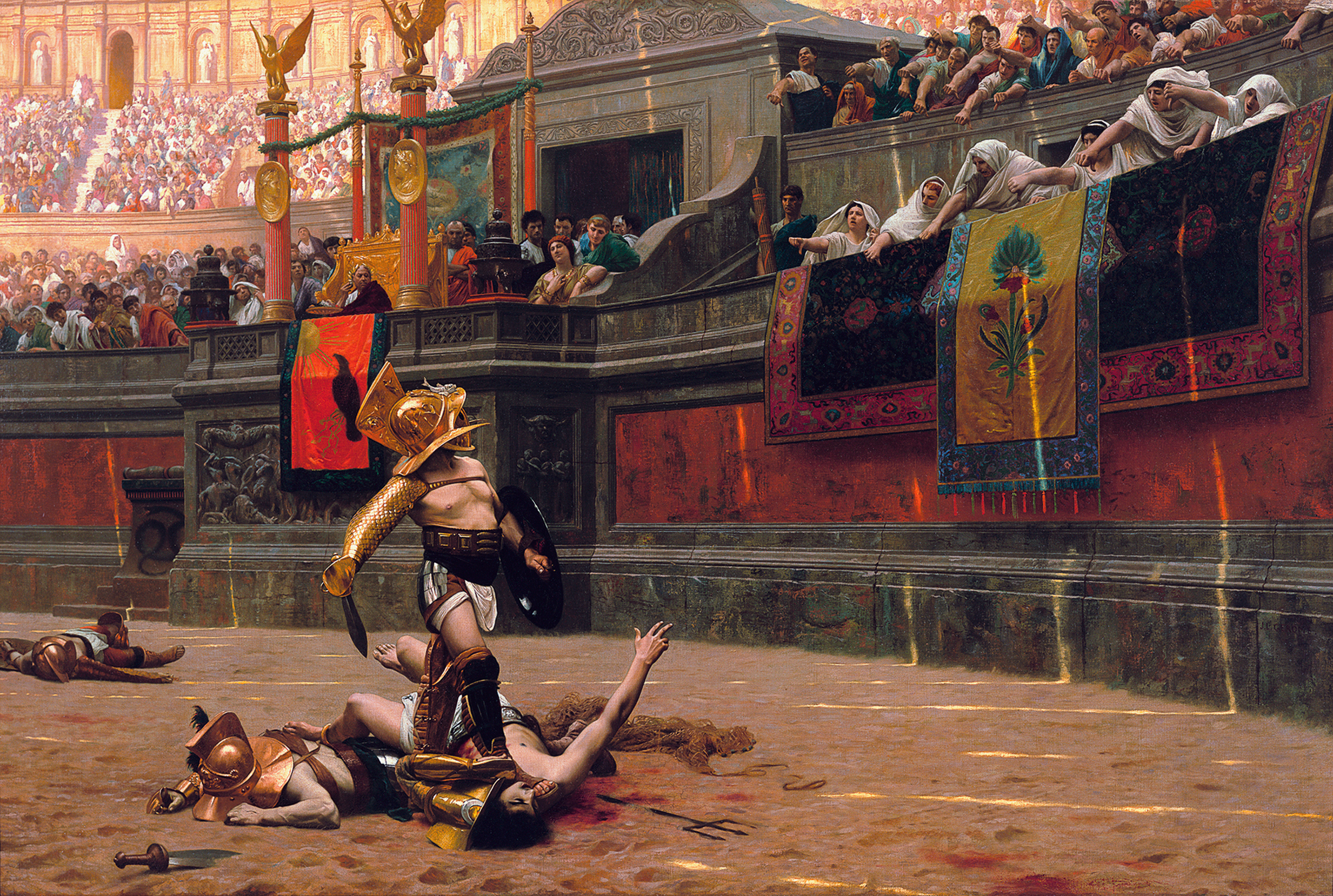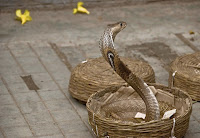 Cross-posted from: Unusual Historicals Blog
Cross-posted from: Unusual Historicals Blog
Entertainment in the ancient world relied upon trained performers. Such training didn’t come cheap, so royal patronage was highly sought after by would-be entertainers. The most prestigious patronage to secure in the Augustan Age was, of course, the imperial court in Rome, but if a budding young entertainer couldn’t find a place there, other opportunities beckoned.
The king and queen were enthusiasts of plays–and one of the first things they built in their new kingdom was an outdoor theater, carved into the hillside, in Greek fashion, with stepped seats for playgoers to gather on. There, actors would bring to life the plays of Sophocles, Euripedes, and Aristophanes. Some plays that may have been performed on that stage are still popular today, including Medea, Oedipus the King, and Antigone. But new works were undoubtedly commissioned and enacted as well, for we know that one tragedian, Leonteus of Argos, was a member of the Mauretanian court.
Having a court poet was a a sign of status in the ancient world. Certainly, Augustus made the most of his stable of poets to reshape his image. The poetry written during his reign has outlasted many of the histories. The poet as chronicler was a long-standing tradition. So, while Virgil, Horace and Ovid penned verse in Rome, Cleopatra Selene and Juba II certainly had a court poet of their own, and he was almost certainly Crinagoras of Mytilene. The venerable old poet was a man of some distinction, having apparently served as an ambassador. He rubbed elbows with the highest society–he seems to have been present when Caesar indulged in his scandalous affair with Cleopatra and undoubtedly met the Queen of the Nile when she was in Rome. Perhaps this is when the Greek Epigrammatist took an interest in Cleopatra and her children, for he is best known for the verse he wrote in honor of her daughter, Cleopatra Selene. His two most famous works were written on the occasion of Cleopatra Selene’s marriage to Juba and upon her death during a lunar eclipse.
More lighthearted entertainment was to be had in Mauretania too. We know that the King also employed mimes, for one of them, a young girl named Ecloga, apparently died in Rome. (The connection between Juba II, Cleopatra Selene and the imperial family in Rome was a close one and it’s quite likely that the king and queen maintained a home there in which they entertained in high style.)
 Given King Juba’s lineage as a Numidian and his alleged horsemanship, it’s likely that chariot races were a common type of entertainment in Mauretania. However, instead of a circus, we find amongst the ruins of the Mauretanian capital city of Iol-Caesaria, an amphitheatre. Though gladiator games in which the fighters battled to the death were unknown in Cleopatra Selene’s native Egypt, Mauretania was filled with Roman veterans who expected such entertainment as their due. Consequently, the amphitheatre would have been a hot spot for the subjects of Cleopatra Selene and Juba II to gather for bloody entertainment.
Given King Juba’s lineage as a Numidian and his alleged horsemanship, it’s likely that chariot races were a common type of entertainment in Mauretania. However, instead of a circus, we find amongst the ruins of the Mauretanian capital city of Iol-Caesaria, an amphitheatre. Though gladiator games in which the fighters battled to the death were unknown in Cleopatra Selene’s native Egypt, Mauretania was filled with Roman veterans who expected such entertainment as their due. Consequently, the amphitheatre would have been a hot spot for the subjects of Cleopatra Selene and Juba II to gather for bloody entertainment.
 One last form of entertainment in Mauretania is worth mentioning. In North Africa, then, as now, snake charmers mesmerized and entertained passersby with cobras who would lift up from their baskets to dance for their owners. Given that Cleopatra Selene’s mother was said to have committed suicide by surrendering to the bite of one of these vipers, one has to wonder how much Selene enjoyed such displays!
One last form of entertainment in Mauretania is worth mentioning. In North Africa, then, as now, snake charmers mesmerized and entertained passersby with cobras who would lift up from their baskets to dance for their owners. Given that Cleopatra Selene’s mother was said to have committed suicide by surrendering to the bite of one of these vipers, one has to wonder how much Selene enjoyed such displays! Stephanie Dray‘s debut historical fiction novel, LILY OF THE NILE , was just release by Berkley Books. The sequel is expected to release at the end of 2011. Both novels are set in the Augustan Age and feature Cleopatra’s daughter.
Stephanie Dray‘s debut historical fiction novel, LILY OF THE NILE , was just release by Berkley Books. The sequel is expected to release at the end of 2011. Both novels are set in the Augustan Age and feature Cleopatra’s daughter.


I love these little glimpses into Selene’s world! How awesome. Races, poets and mimes, oh my!!!
Hopefully it will get everyone excited for Song of the Nile!
Already pre-ordered it! October can’t come soon enough!!!
How fun it must have been to be Selen just for a day! She has had so much pain in her life. Good to know she had some joy as a queen 😀 This helps me picture what it was like to be her, and to live back then 🙂 Can’t wait for the book ! 😀 😀 😀
Wow, wonderful to know. Entertainment today is big business. Celebrities. I expect that in days past it also was big business. Just imagine the cost of box seats at a gladiatorial contest! Thanks for sharing in your newsletter!
Thanks for taking the time for the extra info. Looking forward to your book Song of the Nile and the ones after that.